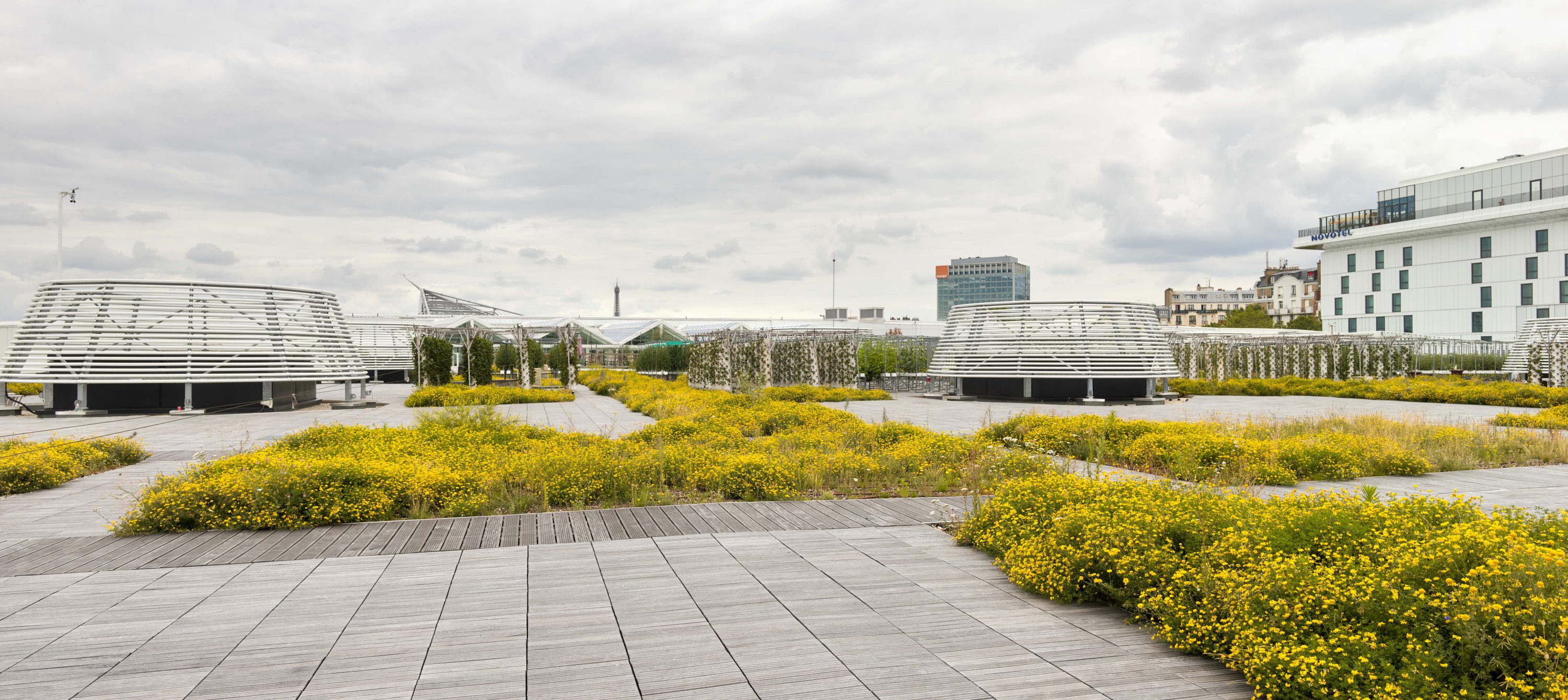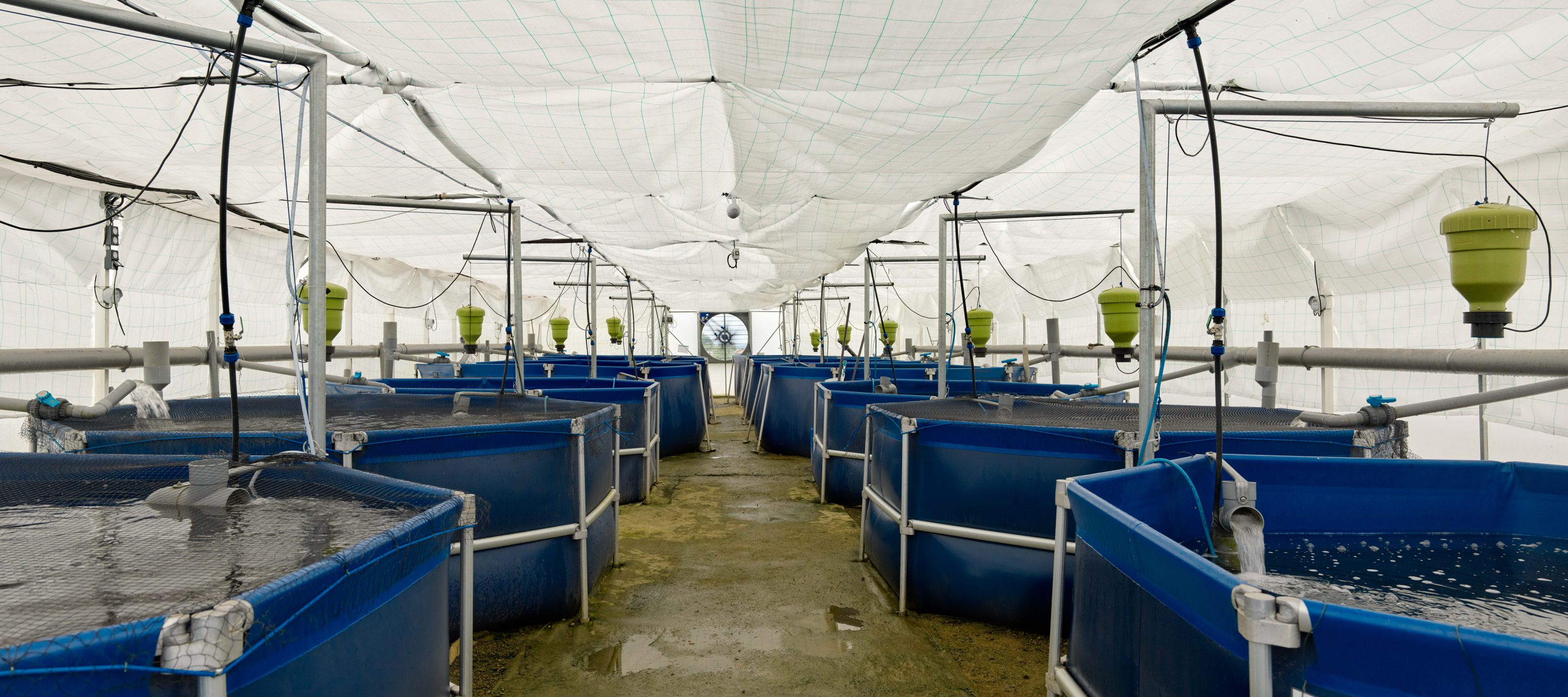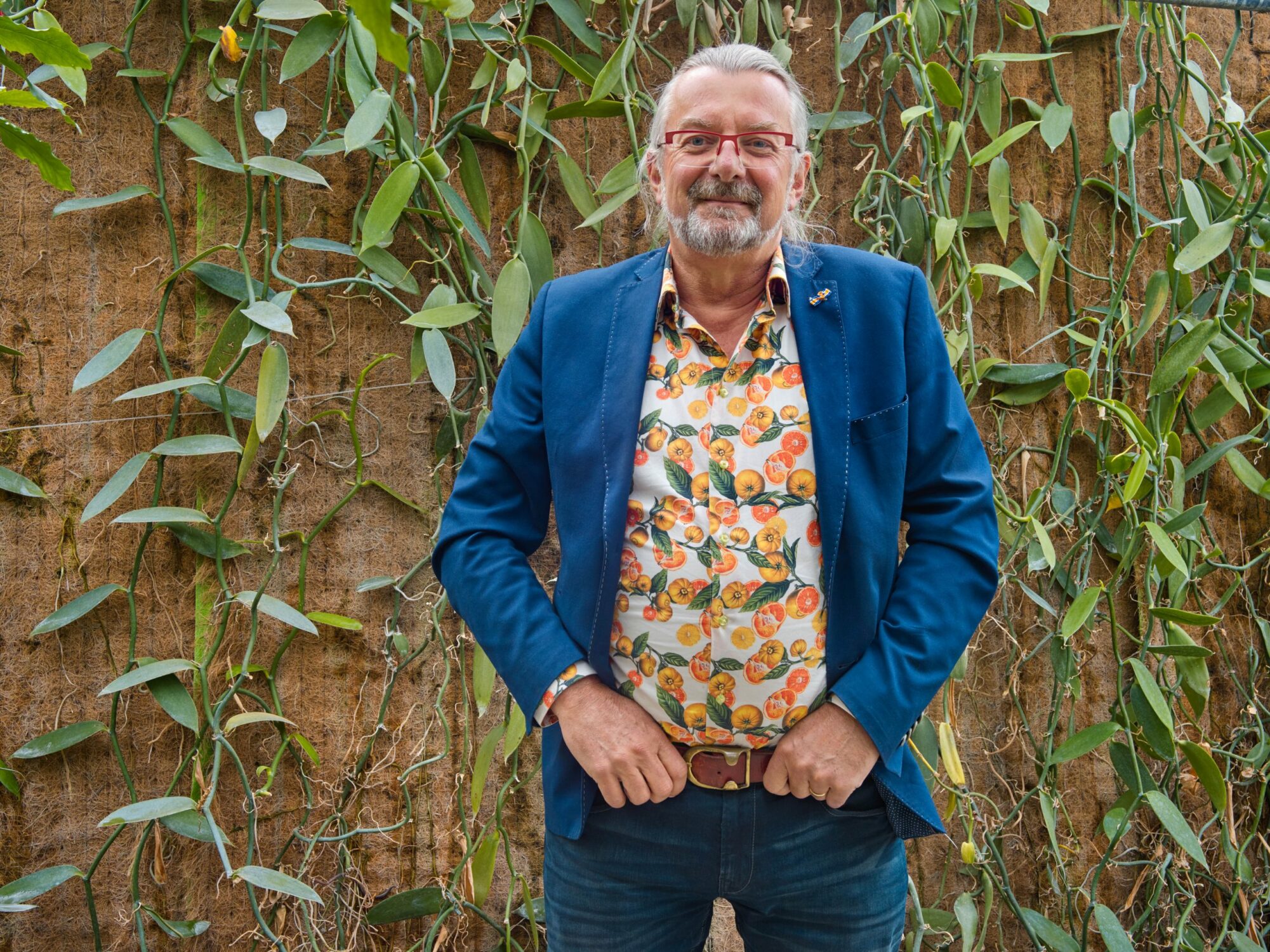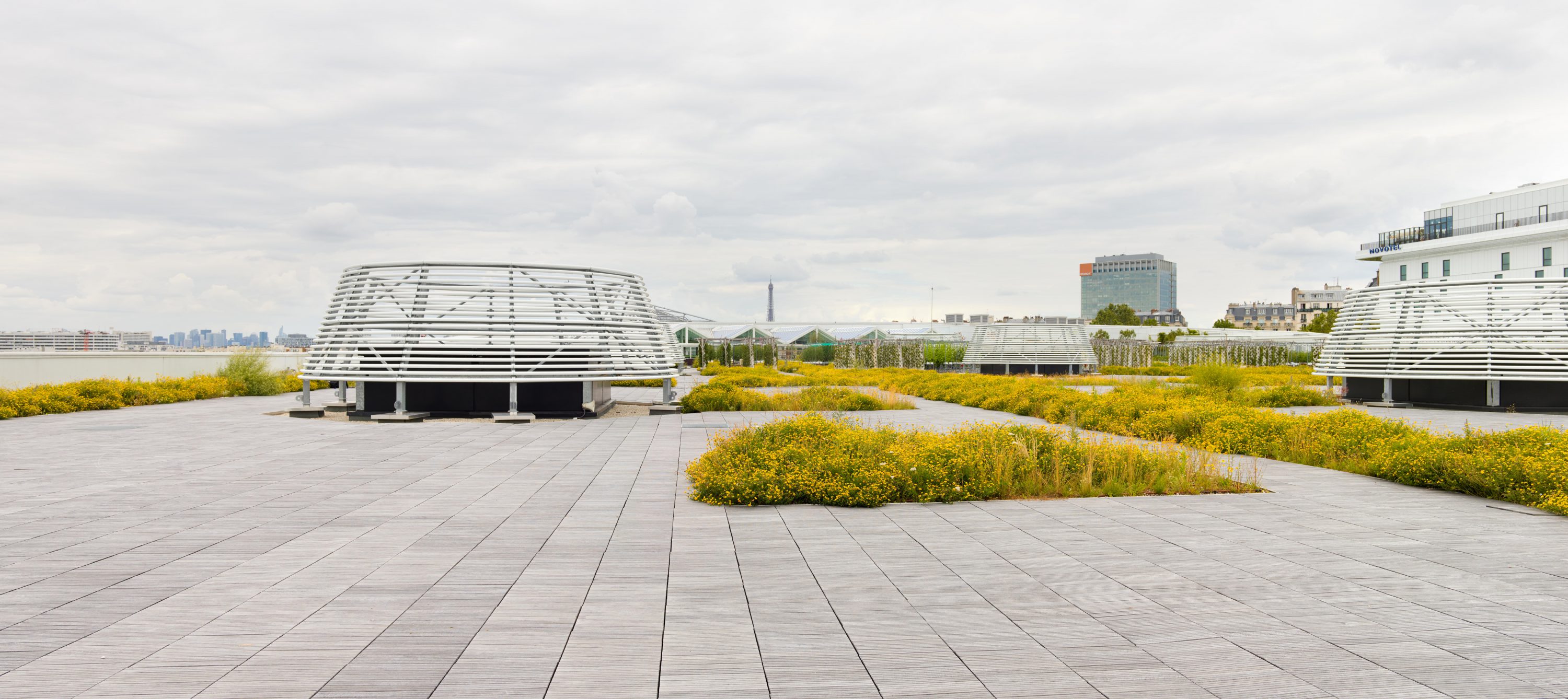
The farm is already producing around 1,000 kilos of vegetables and fruit per week, most of which finds its way to a restaurant also located on the roof of Porte de Versailles. Any excess produce is sold direct to the people of Paris.
Nature Urbaine Paris is a pioneering form of large-scale city agriculture located on the roof of Pavilion 6 at Paris Expo – Porte de Versailles.
It opened in the spring of 2020 as an outdoor vertical farm where vegetables and fruit are grown organically. When fully developed in 2022, it will cover some 15,000 square metres, making it the largest city farm in Europe.
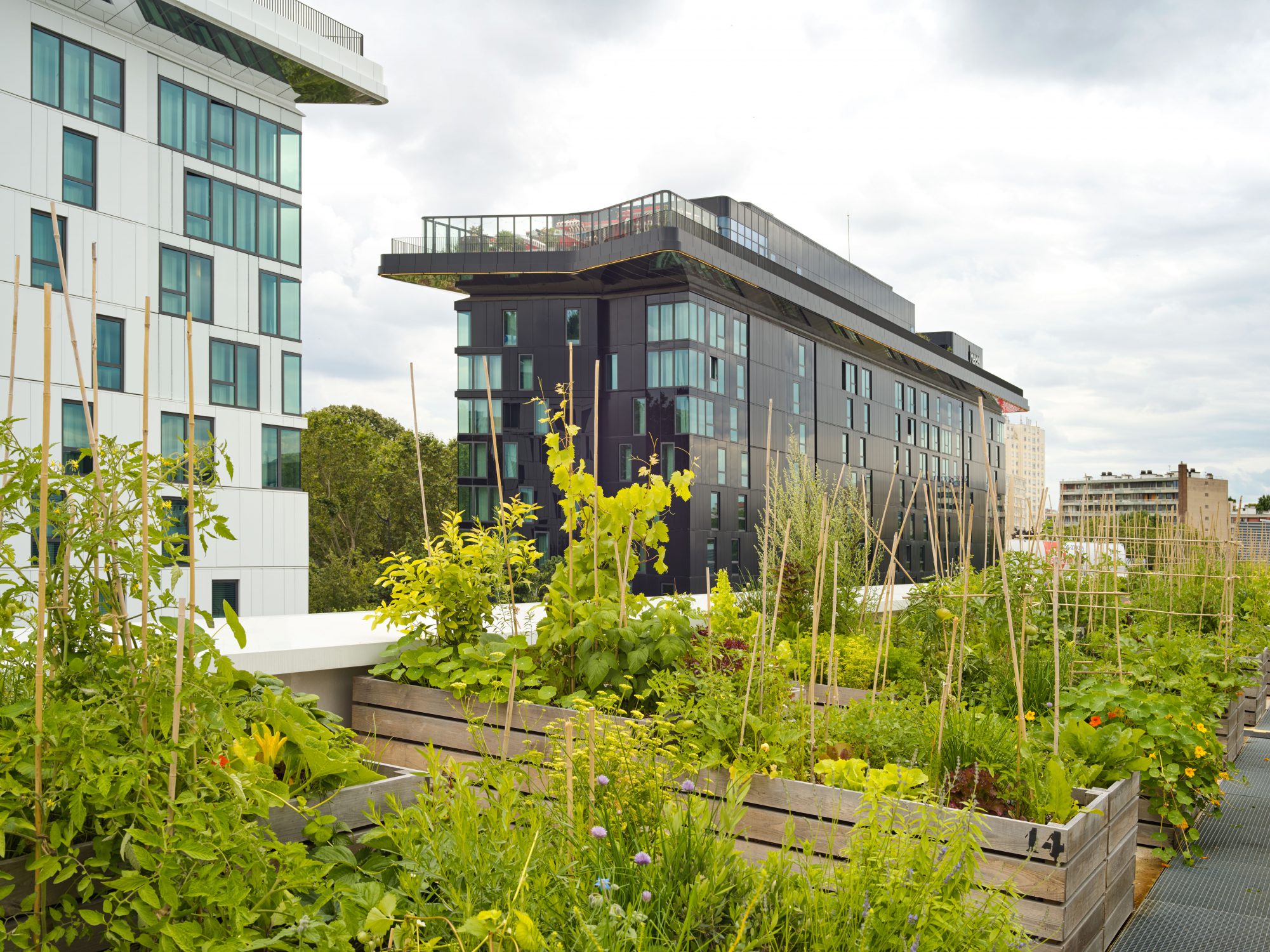
Alongside the vertical farm, 156 raised beds measuring just one square metre are available to private citizens, so that Parisians can grow their own tomatoes, peppers, aubergines, cucumbers, chard, watercress, strawberries, raspberries, herbs and edible flowers.
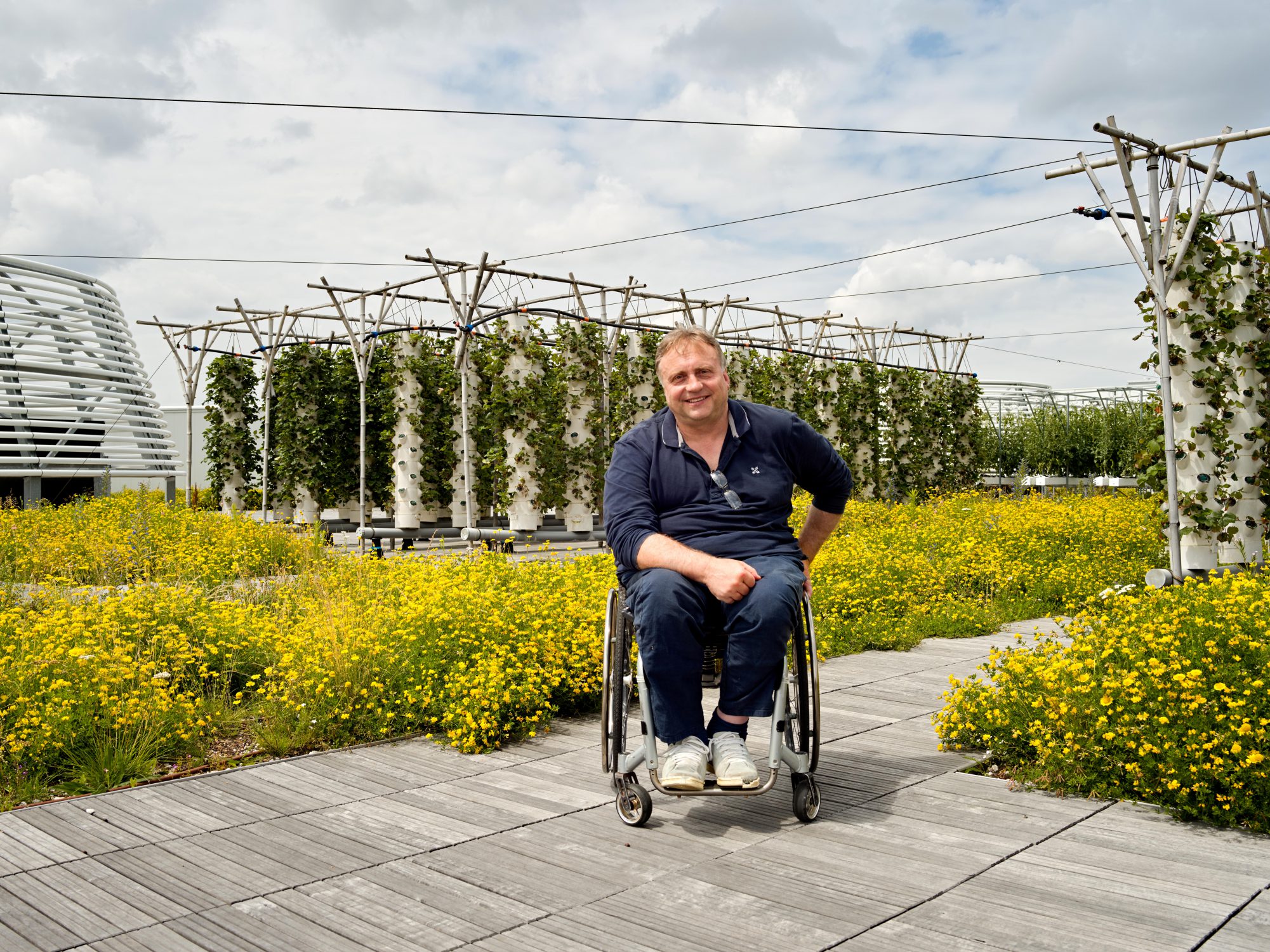
"We will have to ensure that we and our cities develop resilience. We’ll have to make our cities more resilient and demonstrate resilience ourselves as we face the problems that are now coming our way."
Pascal Hardy
Founder and CEO Nature Urbain
‘Talking about resilience’
Pascal Hardy, founder and CEO of Nature Urbaine, was trained as an agronomist, worked as an adviser on environment and agriculture, and in 2016 decided to concentrate on large-scale city farming.
Cities are currently in no sense resilient, whether as regards climate change, biodiversity, nitrogen emissions or food production. But if we’re talking about resilience: Pascal became a wheelchair user as the result of a traffic accident, lost his job and was faced with all kinds of related losses within a very short period. His own story is therefore a story of resilience, of overcoming major problems and setbacks. Pascal compares his personal story with the problems we face as a society on a far bigger scale.
‘So we will have to ensure that we and our cities develop resilience. This city farm is not just another new idea or trend. As a society we’ll have to make our cities more resilient and demonstrate resilience ourselves as we face the problems that are now coming our way. This is not so much about social and economic resilience as about the resilience we need to develop as a society to cope with climate change and loss of biodiversity.
‘When we buy green beans from Kenya, the money does not end up with the farmer in Kenya but with a multinational of one kind or another. It also leaves a huge environmental footprint. Let’s grow the food we need close to where we live.
‘Urban farming is a phenomenon we can see emerging all over the world. It’s on a small scale in some places and on a large scale in others, sometimes low-tech and sometimes extremely high-tech, but we are all part of the same movement.’
“This is not so much about social and economic resilience as about the resilience we need to develop as a society to cope with climate change and loss of biodiversity.”
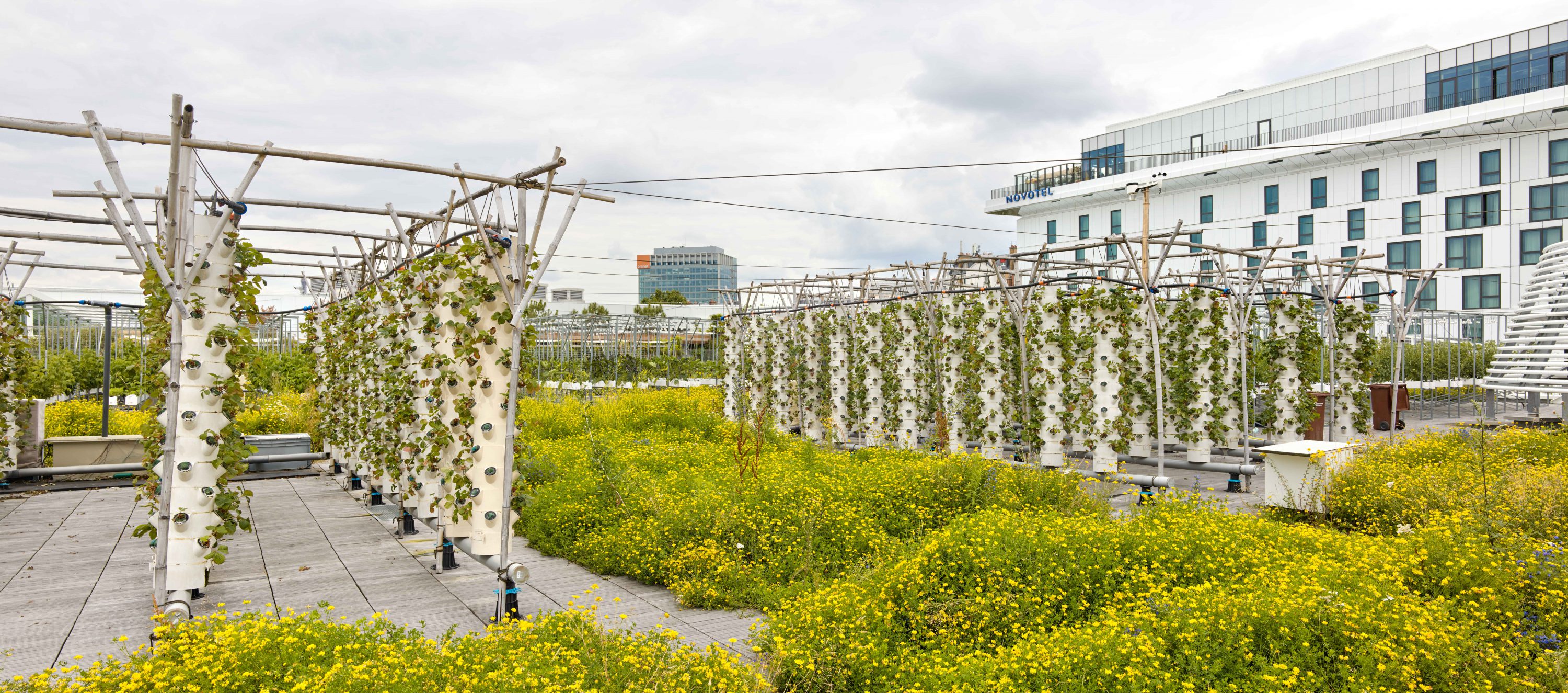

We have selected another two stories that might inspire you.
